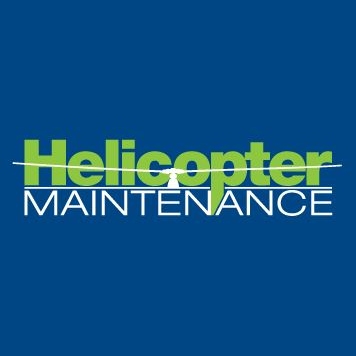
Reliability in the Workplace

 Reliability — what an interesting word! What do we mean when we say that someone is reliable? One definition for reliable refers to “a form of trustworthiness,” the trait of being answerable to someone for something or being responsible for one’s conduct or actions.
Reliability — what an interesting word! What do we mean when we say that someone is reliable? One definition for reliable refers to “a form of trustworthiness,” the trait of being answerable to someone for something or being responsible for one’s conduct or actions.
In my younger days as aircrew in naval aviation, I did a short stint working on “special weapons.” (I cannot go into details, but by special weapons I mean the ones that made a shape like a mushroom cloud when they went BOOM.) My responsibility was the electronic end of things. I, of course, went through the process of a background check and had the requisite security clearance, but that was only part of the job requirements. I was also placed in what was termed the “Reliability Program.”
This program evaluated you on a daily basis. Example — you were happy, easy going and polite, and then all of a sudden you came to work one morning grumbling to yourself, kicked the garbage can across the shop and told the chief to go @#*% himself. In no time at all, you were up in front of the local shrink being asked what the problem was. “Let’s see,” you reply, “My 14-year-old daughter is pregnant, my wife is suing me for divorce and you want me to work on special weapons?” I don’t think so.
For those of us who earn our livelihood in the helicopter maintenance industry, we too are in a reliability program. Our reliability is extremely important. Countless people depend on us to get it right the first time when we are working on an aircraft. How we rise to the challenge of not letting down those people in our lives that depend on us is what separates us from the crowd. Our attention needs to be job focused 110 percent — no distractions.
Reliability is a key component of work performance. In fact, often “good quality work” will not be enough to make up for a lack of reliability. Reliability is one of those qualities that is either present or absent. You cannot be “partially reliable” or even “mostly reliable.” To be reliable means to be consistent, regardless of the amount of extra effort it takes. Do you consider yourself to be reliable?
Here is something you can do to assess your reliability at work. For each of the questions listed consider: who did my behavior impact? How can I consistently continue this positive behavior? Or, how can I change this negative behavior?
1. Name three times recently when you went out of your way to demonstrate reliability. (These can be small examples. It is the small things that count the most over time). Who benefited from your efforts and how can you continue this positive behavior?
2. Have there been times in the past three months when you did not deliver as you promised, (e.g., you missed a deadline, you were late, you failed to follow through, etc.?) Who did your behavior impact, and how can you do better in the future?
3. Do you know what your reputation is as far as reliability is concerned? Do others believe they can count on you consistently? Is there anything you can do to assure them that they can count on you consistently?
4. Repeatedly being trusted to get the job done right the first time often correlates to reliability. In the past three months, how often were you considered the “go-to” person to get it done right the first time?
5. Has your supervisor stopped requesting you to do a particular task? Could this be related to your reliability?
6. Do others seem to have confidence in your ability to deliver? When someone asks you to complete a task, do they then “let go” and assume that you will take care of it?
7. Producing good quality work with consistency is part of reliability. Prior to saying your work is “finished,” do you take the extra time to make sure that it is truly the best you could do for the task you were assigned?
Reliability is more than a word, a skill set or a behavior. For those of us working as helicopter maintenance professionals, it is what we must be on the job, all the time. I hope you find this exercise as helpful as I did!
R. Fred Polak | Editor
